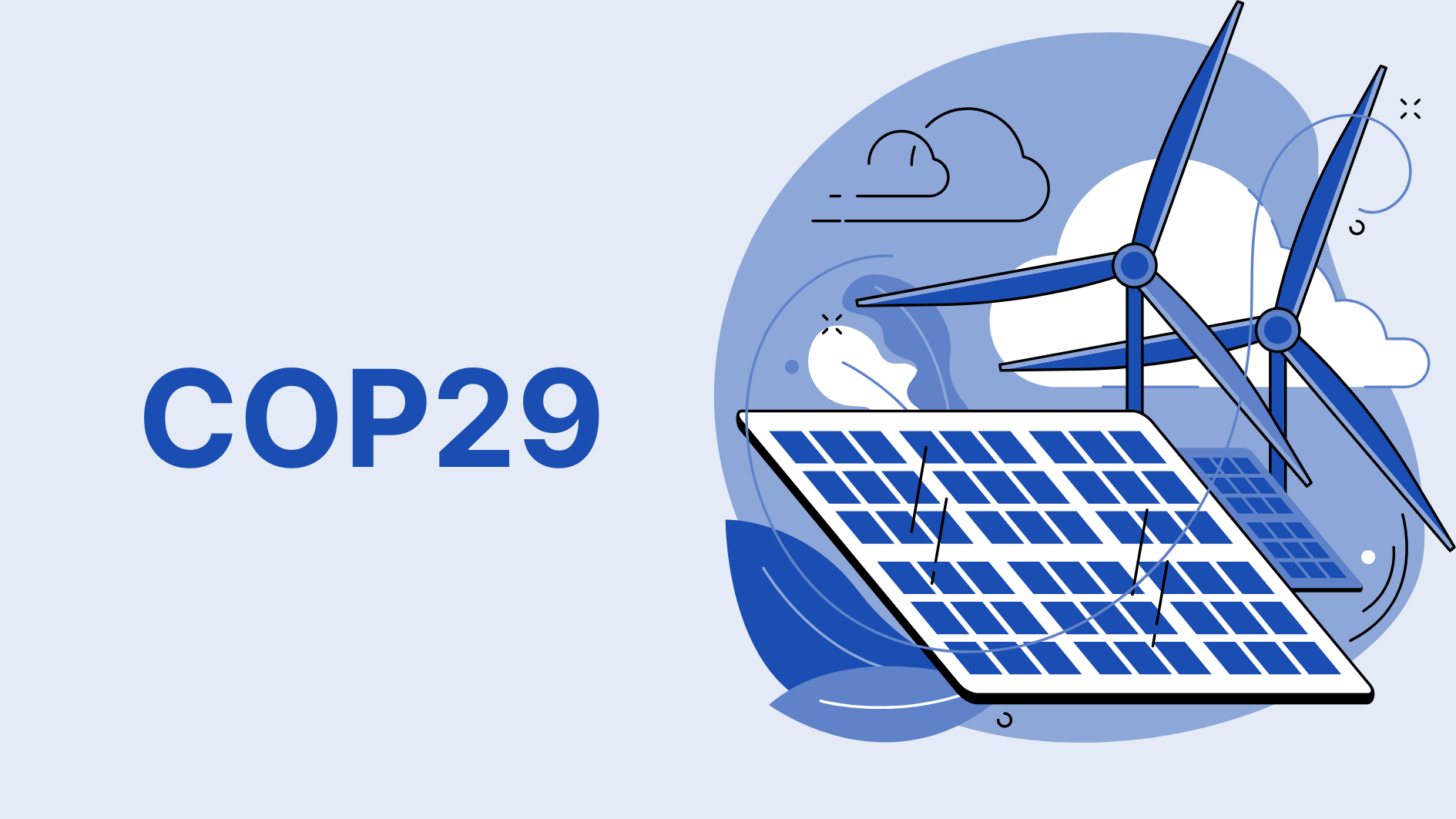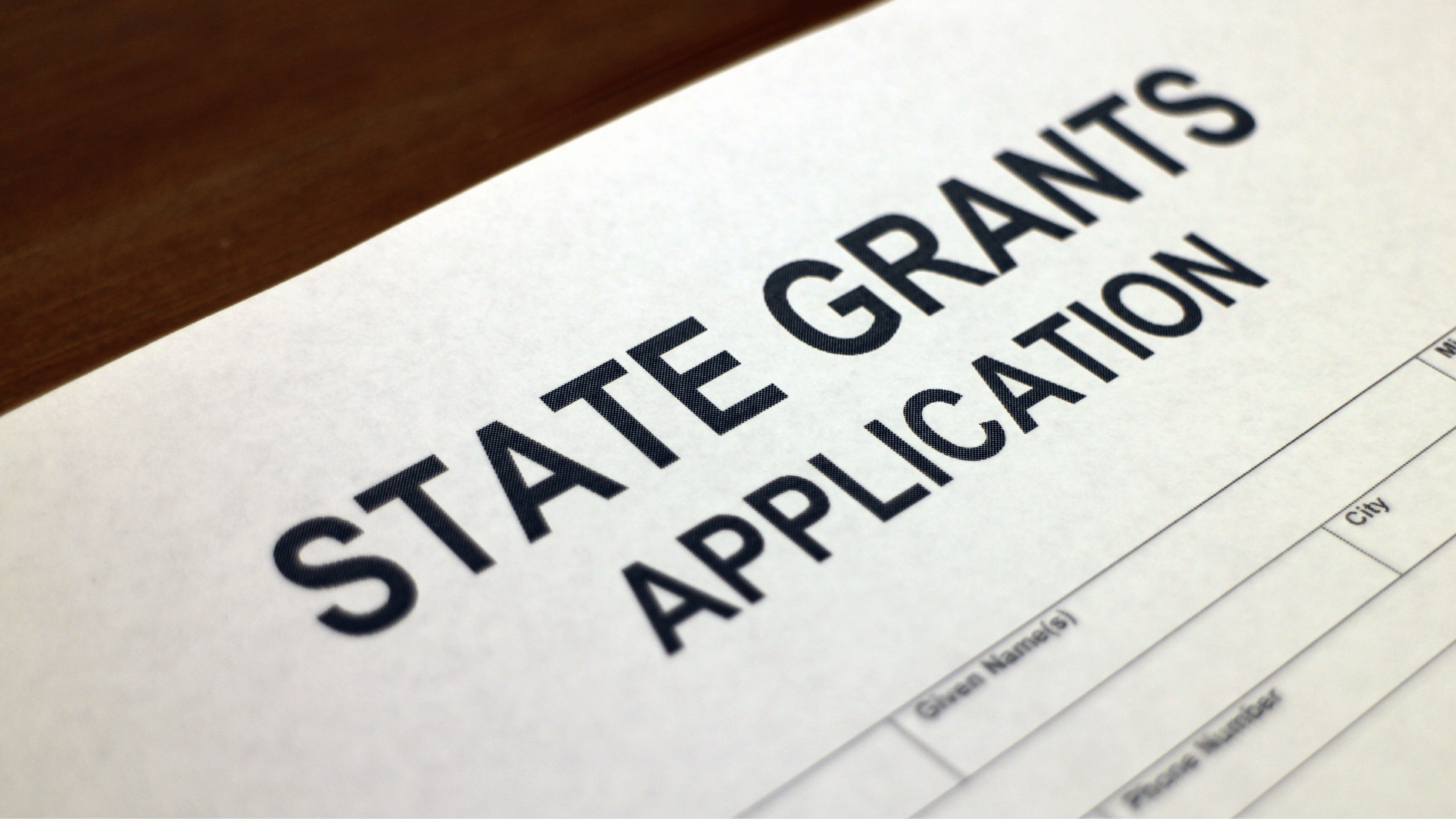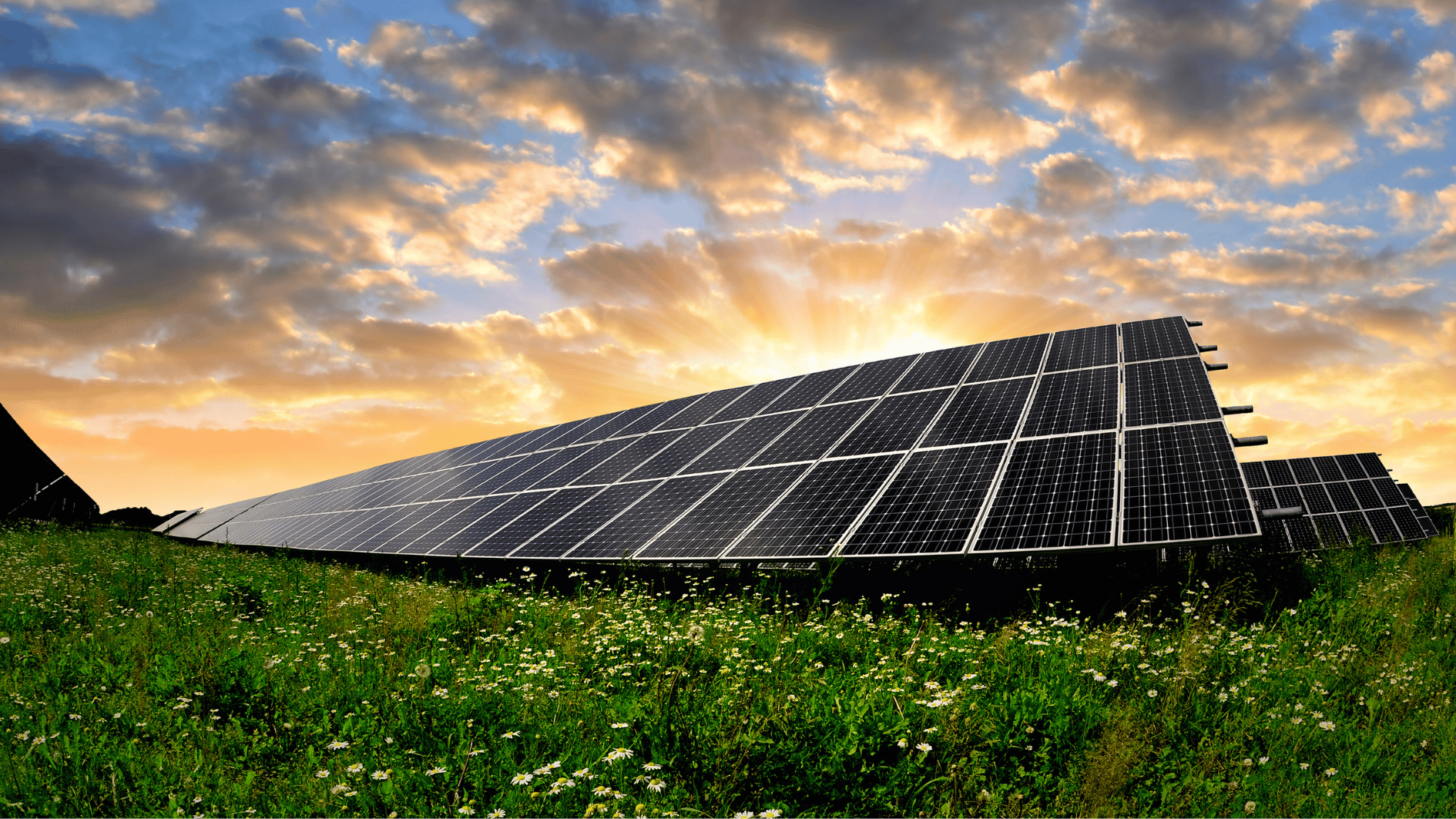Image source: Canva.com
The U.S. Department of the Treasury, the Consumer Financial Protection Bureau (CFPB), and the Federal Trade Commission (FTC) announced actions to address unfair and deceptive consumer acts and practices in the residential solar power sector. Treasury, CFPB and FTC released Consumer Advisories warning the public on how to spot potential unfair and deceptive practices and encouraging consumers to file complaints of suspicious behavior to FTC, CFPB and state consumer protection offices. Treasury, CFPB and FTC, along with the U.S. Department of Energy (DOE) and the U.S. Department of Housing and Urban Development (HUD), also announced an interagency partnership with the goal of coordinating efforts to prevent predatory practices. The new partnership will foster greater communication and collaboration between the agencies and better protect consumers from bad actors.
Over the past decade, regulators have observed an increase in consumer complaints about some unscrupulous companies that pressure consumers into predatory contracts or purchases, including with unfair financing, and/or fail to install or activate residential solar systems as promised. While regulatory bodies have already taken action against bad actors, the Biden-Harris Administration is committed to further addressing unfair and deceptive practices and empowering consumers to make informed decisions.
Treasury, CFPB and FTC encourage consumers that believe they have been a victim of unfair or deceptive practices to file a complaint with CFPB, FTC or their relevant state consumer protection office. These consumer complaints help enable an all-of-government response to root out unfair and deceptive practices and hold bad actors accountable.
“While skyrocketing growth of the residential solar industry is lowering costs for consumers nationwide, a small number of bad actors are taking advantage of opportunities to scam customers,” said Deputy Secretary of the Treasury Wally Adeyemo. “By providing new information to consumers interested in solar energy for their homes and coordinating across federal agencies to prevent scams, the Biden-Harris Administration is helping to ensure consumers who want to lower their utility bills are able to successfully do so.”
“With sweltering heat across America this summer, many families are installing solar panels to save on energy costs to cool their home,” said Consumer Financial Protection Bureau Director Rohit Chopra. “The CFPB will be scrutinizing solar lenders to make sure that Americans don’t get burned.”
Expanded access to affordable, reliable residential solar is crucial for lowering energy costs and providing meaningful benefits for Americans. Residential solar power can save households tens of thousands of dollars in electricity expenses over the life of the solar installation. All Americans should be able to benefit from various federal and state incentives to access solar power in their homes without fear of unfair or deceptive practices.
The consumer advisories on solar from Treasury, CFPB and FTC will serve as educational resources that consumers can use at the beginning of their solar-shopping process to make informed decisions. They describe different types of solar power options, warn about common unfair or deceptive practices, provide key questions to ask before making purchases or signing agreements, and provide instructions on how consumers can file complaints.
These consumer advisory and educational materials are published in addition to ongoing efforts within the Federal government to protect consumers. The partnership between Treasury, CFPB, FTC, DOE and HUD announced today will establish a forum for information sharing that will be crucial to monitoring fraudulent behavior.
See the Treasury Consumer Advisories and Educational Resources here:
- Consumer Solar Awareness Website
- Solar Consumer Advisory
- Before You Buy Solar Panels
- Before You Sign a Solar Lease
- Before You Sign a Power Purchase Agreement
- Before You Sign a Solar Subscription
See the FTC resources here:
- Consumer: How To Avoid Getting Burned
- Business: Don’t Waste Your Energy On a Solar Scam
Source: Solar Power World





